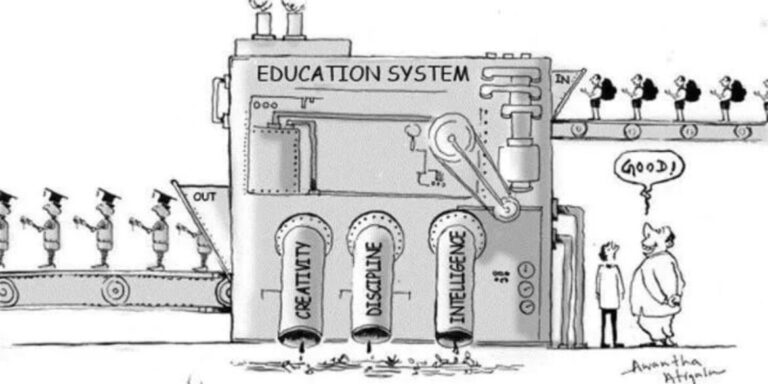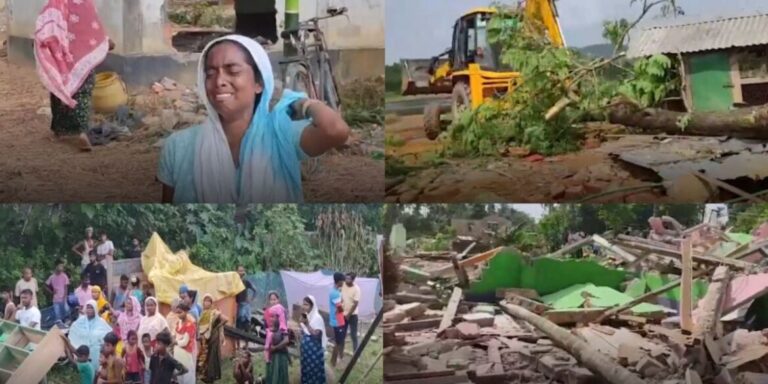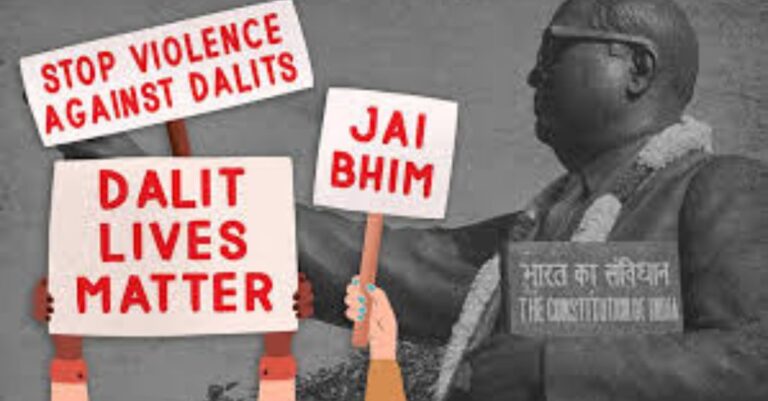In the wee hours of November, on Kali Puja day, many dhol players come from Nabagram, Khargram villages under the Kandi sub-division of Murshidabad district. Some have come and are already guarding Girja More. Many more are coming by auto, bus, trekker.

They are peasants, and on ordinary days, they work in fields. They can be seen vending vegetables or plastic things from village to village. They are to be found to sell peanuts and papad in village fairs. They are from the same village or the neighbouring villages. They exchange bidi, smoke and hope the best for the day.
But on festive days, such as Durga Puja, Saraswati Puja, Kali Puja, etc., they wear their best and wait at the town’s crossings to be hired by the puja makers. Their age varies–young ones in pants and shirts. The older ones put on dhoti and panjabi. Slippers they have on their chapped feet. A muffler is tied to the neck on winter days. They are standing, coughing and sitting by their dhols wrapped with colourful cloths.

Jatin Das is hired to beat his dhol at a puja pandal at Rs. 1000 today and tomorrow. Like many friends and uncles, his son is waiting for the town babus. Kirtan Das is a young boy in jeans and a T-shirt. He will wait till the day dies, as he tells me. And if parties do not hire him, he will return home by an evening bus. But that is a distant possibility. He hopes to be hired within some hours. He smiles and parts away from me to buy a packet of gutkha.
The income they will make today adds colour to their life. Tomorrow evening, they will return home, and some dholaks will buy things their women and children at home are waiting for. Of course, they will not dare to enter the city malls exhibiting all the finaries of fine wealthy city life. They will, however, buy the best available at footpath stalls–a monkey cap for the elderly, cheap saris for the women, and a pair of shoes for their little ones or a plastic vase with a plastic flower for school-going girls.
Again, the festive days will come. Again, they will come in clusters and add joy to the city’s beautiful puja pandals. A puja without the beatings of a dholak is unimaginable.
Families look for these festive days. Their men will earn more, adding colour to their dull days.

However, I cannot tell the story of the dhol players who return home in empty hands, finding no party. I, also cannot tell what the religious revivalists and the communists think about these empty-looking returnees.




